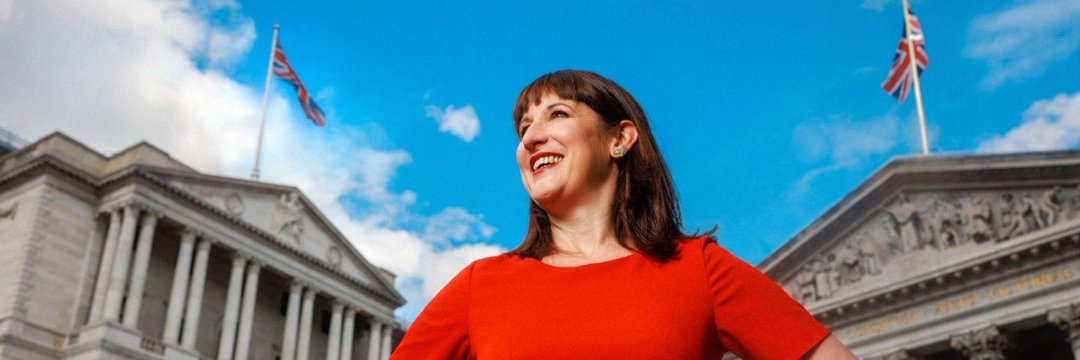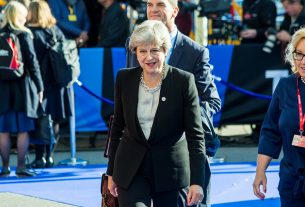Shadow chancellor Rachel Reeves has ruled out any form of wealth tax to pay for public services under a future Labour government.
Rather than taxing society’s richest and targeting expensive properties, raising the top rate of income tax or increasing capital gains tax to fund health, education and other services, a Labour government will pay for these through economic growth.
“We have no plans for a wealth tax,” Reeves said in an interview with the Sunday Telegraph. “We don’t have any plans to increase taxes outside of what we’ve said. I don’t see the way to prosperity as being through taxation. I want to grow the economy.”
The newspaper says Reeve’s comments “signals a major shift for the Labour party” ahead of October’s party conference during which Reeves and leader Sir Keir Starmer “will fire the starting gun on their general election campaign.”
Despite previously promising to increase the 45p top rate of income tax, Starmer has changed his mind and “indicated in June he was no longer keen on the idea,” the Guardian reminds. The shadow chancellor herself commented on capital gains tax in September 2021 and said that “people who get their income through wealth should have to pay more.”
However, fast forward two years and Reeves now says about any form of wealth tax: “We won’t be doing that. It’s a denial.”
Reeves’ confirmation of the u-turn is “the clearest break yet” from the policies proposed by former leader Jeremy Corbyn and while Labour enjoys a 20 point lead in the polls, Starmer and Reeves believe showing economic competence is the only way to consolidate and extend their advantage.
By ruling out any form of wealth tax, Labour is seeking to nullify what would be a key point of attack from the Conservatives in the next general election campaign. However, the shift will disappoint many traditional Labour supporters left wondering what the difference between Starmer’s Labour and Rishi Sunak’s Conservatives actually is.
Momentum, the leftwing campaign group, called the wealth tax reversal “shameful”. On social media the group posted: “Four people in this country have more wealth than 20 million Britons. Meanwhile, capital gains are taxed lower than income.
“This is a political choice to favour big business and the one per cent over ordinary people. Shameful.”
Momentum links to a YouGov poll that shows “three-quarters of Britons support wealth taxes” on the richest and said Labour’s U-turn also “exposes another broken promise from Starmer. His pledges to members & unions weren’t worth the paper they were written on.”
The Telegraph reports Reeves is launching a “bold bid for support from businesses and wealthier households” by ruling out a wealth tax . In her interview with the newspaper, Reeves said her preparation for Number 11 includes “spending an awful lot of time with businesses” and that she will do “whatever it takes” to attract investment into the UK.
The result is a huge surge in interest from the private sector ahead of their conference, Labour claims, with the number of attendees at its business forum up 50% in a year. So effective has Labour been at “wooing the corporate sector”, this year’s business forum at conference is “oversubscribed by 75%, with 200 delegates due to attend, compared with 130 last year, and 150 on the waiting list,” states the Guardian.
The latest figures for Labour party membership show the decline since Corbyn is continuing. At the end of 2022 the party had 407,445 members – 25,000 fewer than in 2021 and nearly 125,000 down from its peak in 2019 under Corbyn when membership was well over half-a-million.




